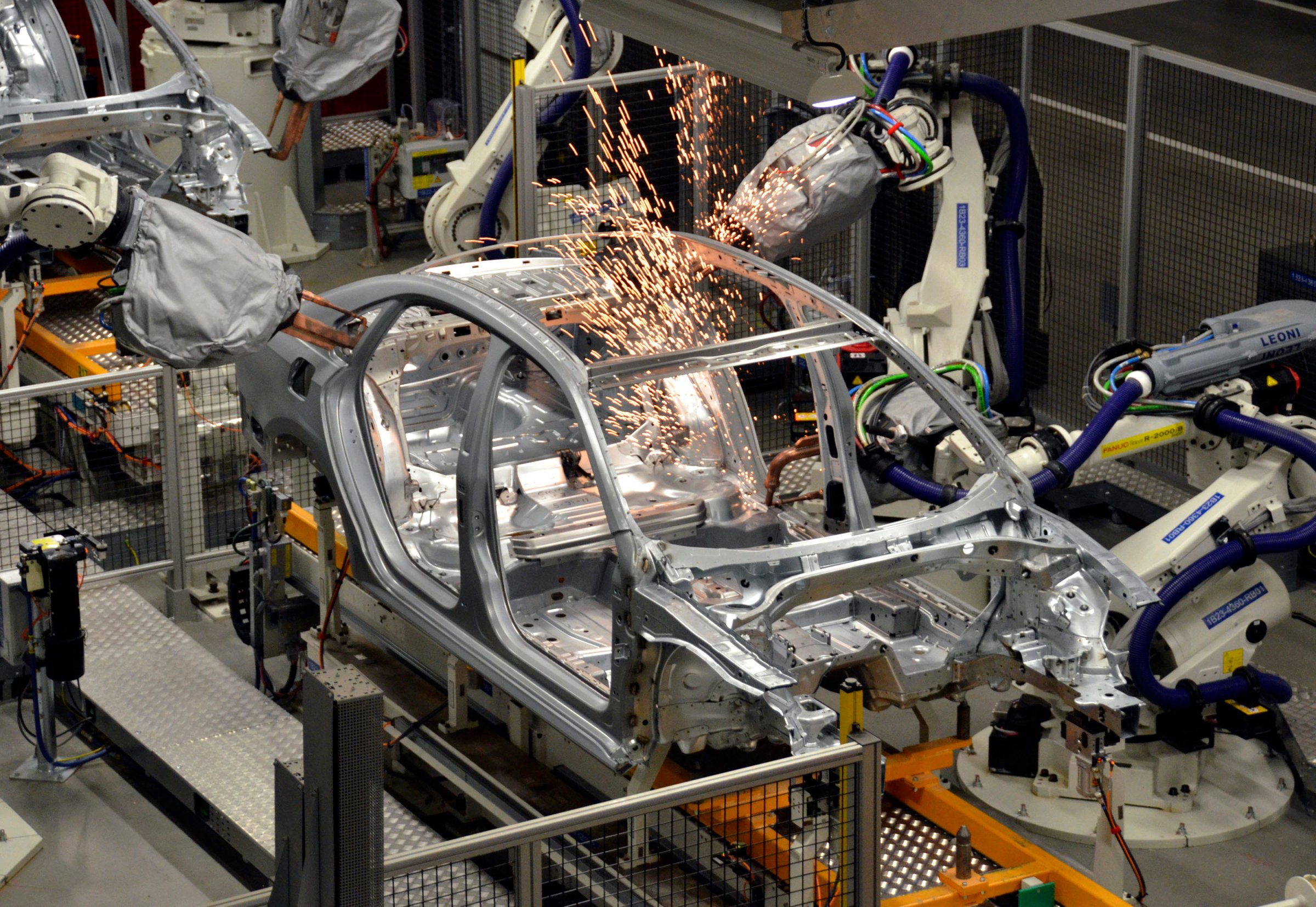
If there’s a more fascinating business story out there right now than today’s vote in Chattanooga, TN, on whether VW plant workers should be allowed to unionize, I don’t know what it is.
I’ve been watching this story for a few weeks now, and I think it has major implications for the future of unionization and labor relations in America. For decades now, the number of union members in this country has been falling. (Currently only 11 % of U.S workers belong to a union, according to BLS statistics.) That’s unusual for a rich country—union penetration in Europe is much higher, and the relationship between unions and management is different. It’s less contentious, and more collaborative. In places like Germany, labor actually sits on the board of companies and helps make strategic decisions about how plants and even entire corporations are run, which is one reason that Germany was able to retool so quick and grab market share following the 2008 financial crisis and global recession in 2009. Read my colleague Michael Schuman’s excellent piece on that topic.
What’s fascinating about the VW vote is that the company is quite open to a German style works council, which would be organized under the auspices of the UAW. Many of the workers are in favor of it, too. But local politicians like Senators Corker and Watson, as well as conservative activists from Grover Norquist to the Koch brothers, are putting up a fight. They see the VW battle as a key victory in the battle to unionize the South. While Southern states have low union penetration, the South is also where the action is, and organizers like the UAW’s Region 8 director Gary Casteel, who’s in charge of Southern unionizing, have been making good progress there.
It is a battle that’s getting quite vicious, and will likely become more so, because Southern states, which have particularly attractive per unit labor costs on a global basis, are attracting quite a lot of manufacturing business (particularly amongst auto firms, including VW but also others like Nissan), and politicians worry that their states will lose business if they unionize. Sen. Watson, for example, recently threatened to pull job-creating tax incentives from the Volkswagen facility in Chattanooga should workers exercise their right to vote in favor of unionizing.
It’s too bad, because the truth is that there’s little evidence that the anti-union manufacturing model (exemplified by companies like Nissan) works better than the unionized one, particularly when it incorporates Germanic work councils. VW actually credits the system with making it the largest and richest auto firm in the world. What’s more, the workers I’ve spoken with in Chattanooga say they are less interested in pay hikes than in having some say over which cars get made in the factory, what sorts of training programs they’ll have access to, etc. I’ll be reporting out this story further for my column this week. For more about what it’s likely to mean for labor, management, and the U.S. economy, check out the latest episode of WNYC’s Money Talking, where Joe Nocera and I discussed the topic.
More Must-Reads from TIME
- Donald Trump Is TIME's 2024 Person of the Year
- Why We Chose Trump as Person of the Year
- Is Intermittent Fasting Good or Bad for You?
- The 100 Must-Read Books of 2024
- The 20 Best Christmas TV Episodes
- Column: If Optimism Feels Ridiculous Now, Try Hope
- The Future of Climate Action Is Trade Policy
- Merle Bombardieri Is Helping People Make the Baby Decision
Contact us at letters@time.com